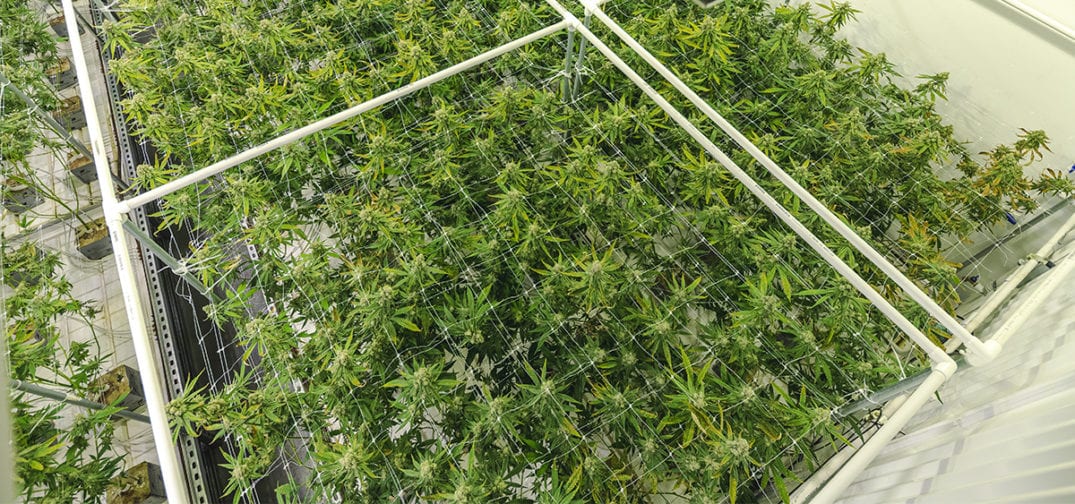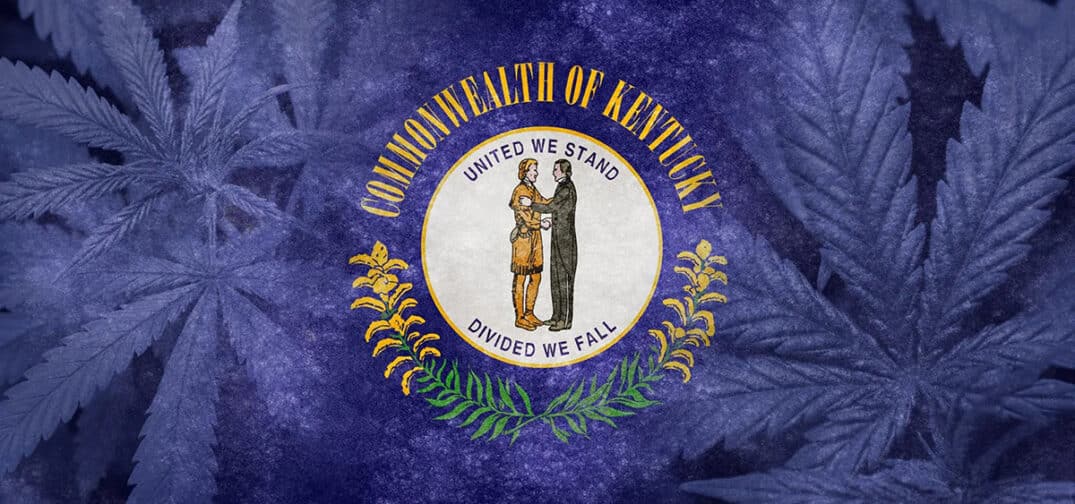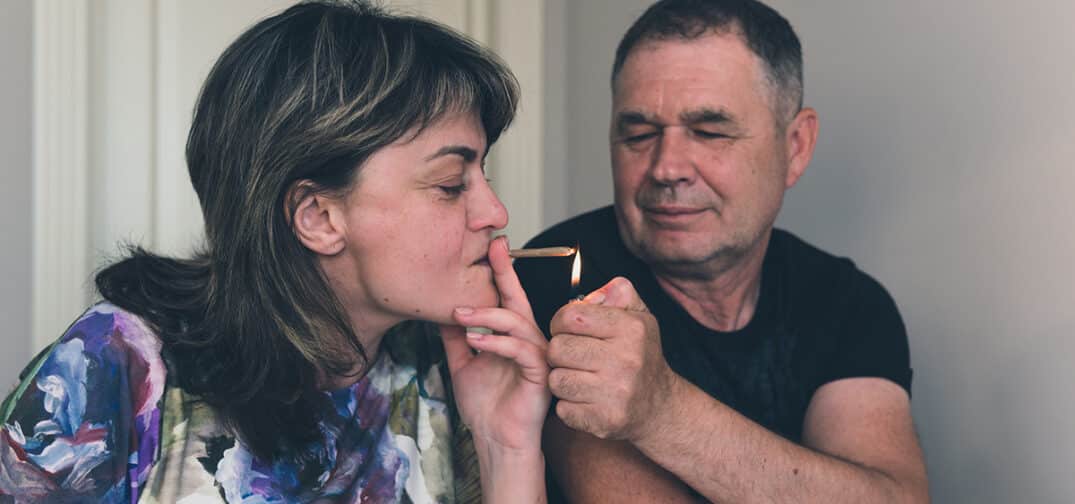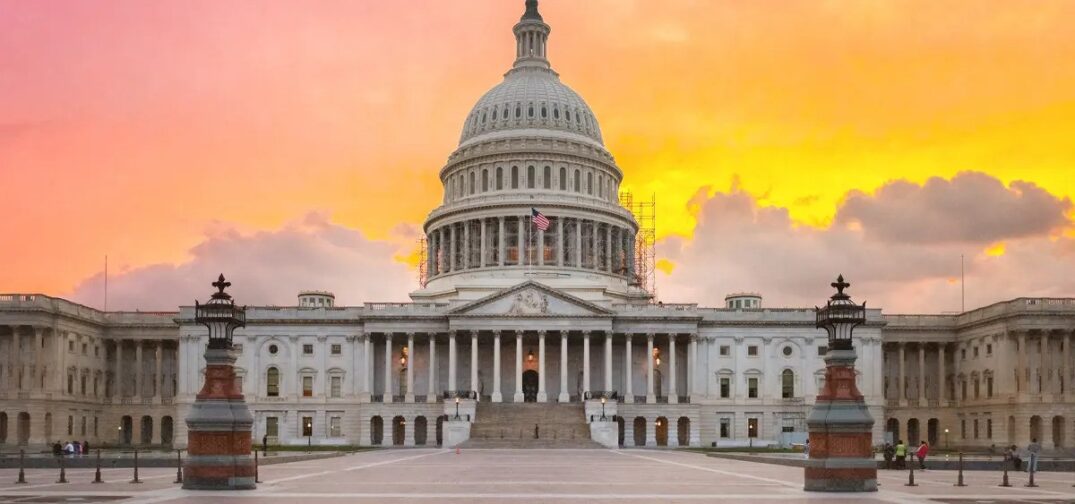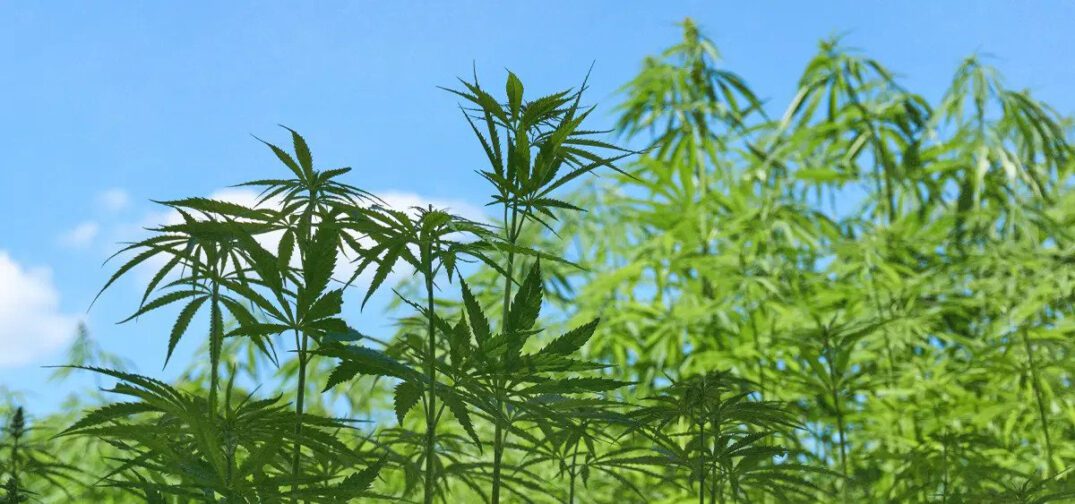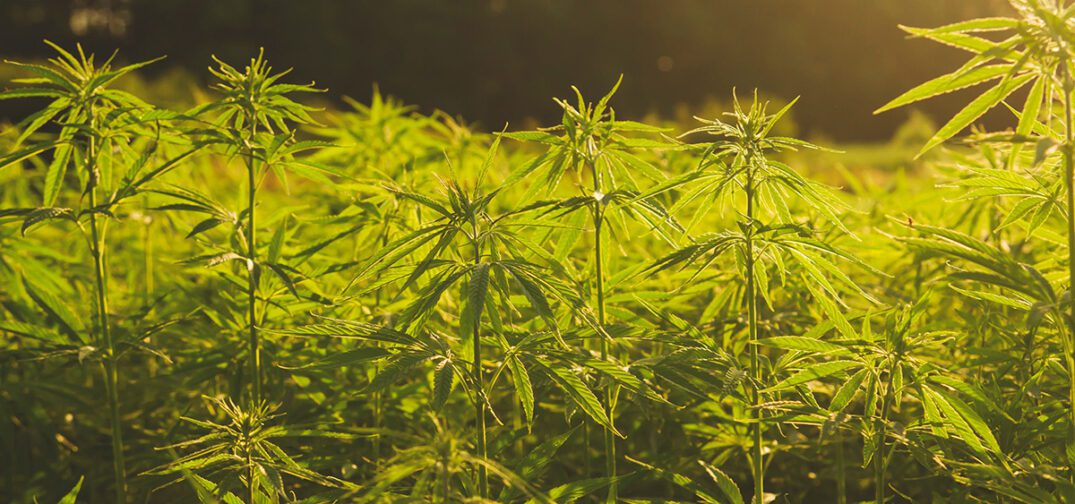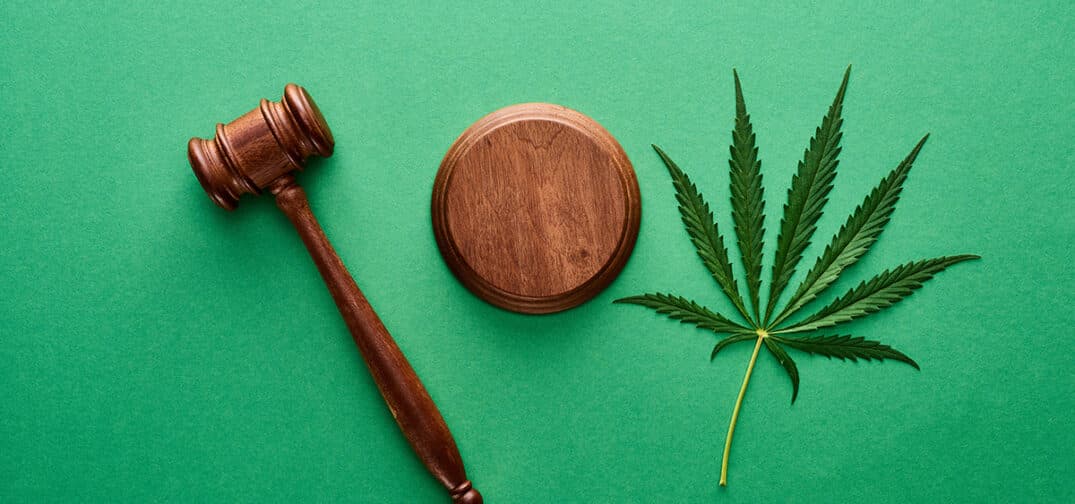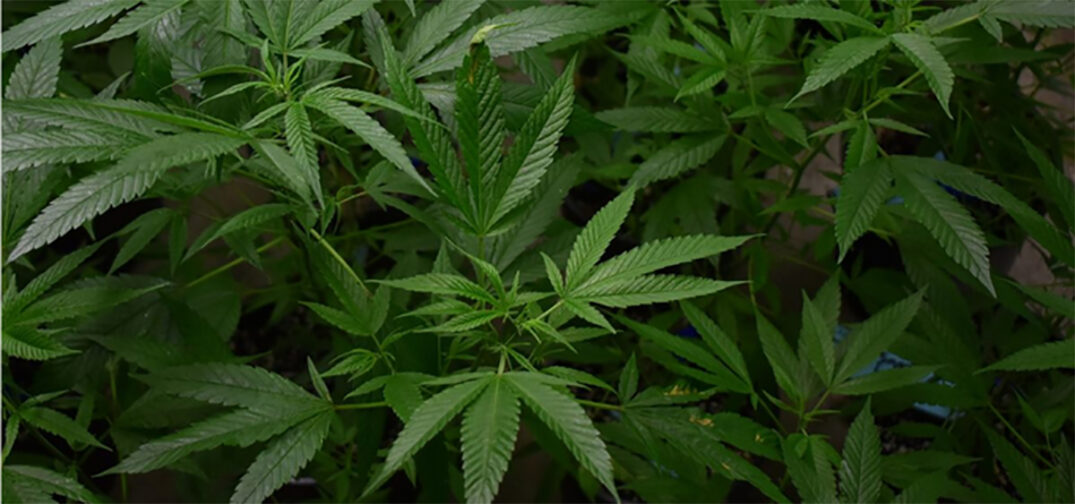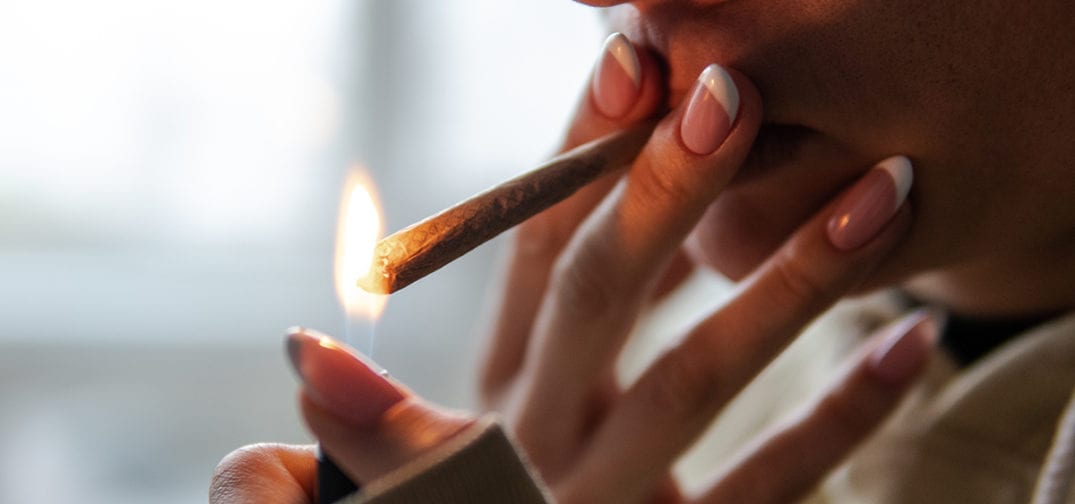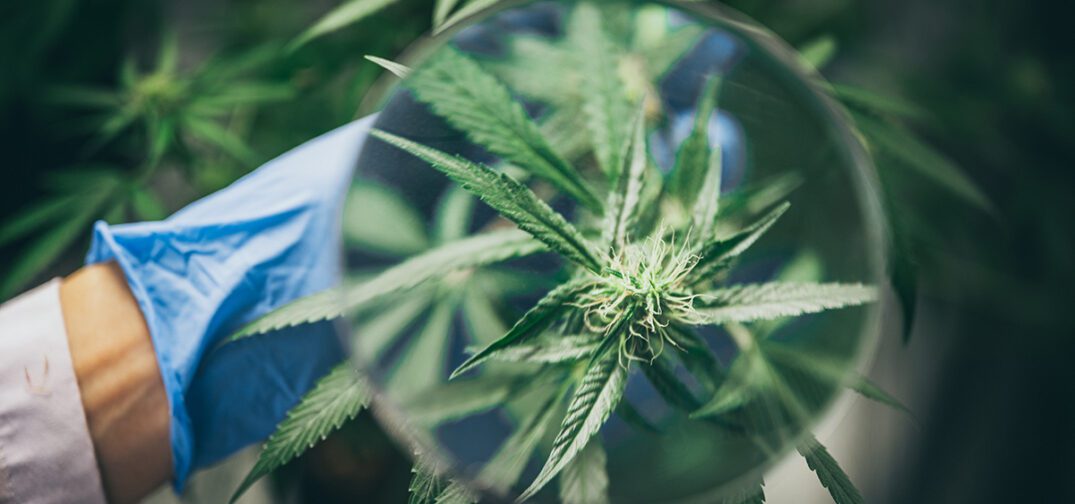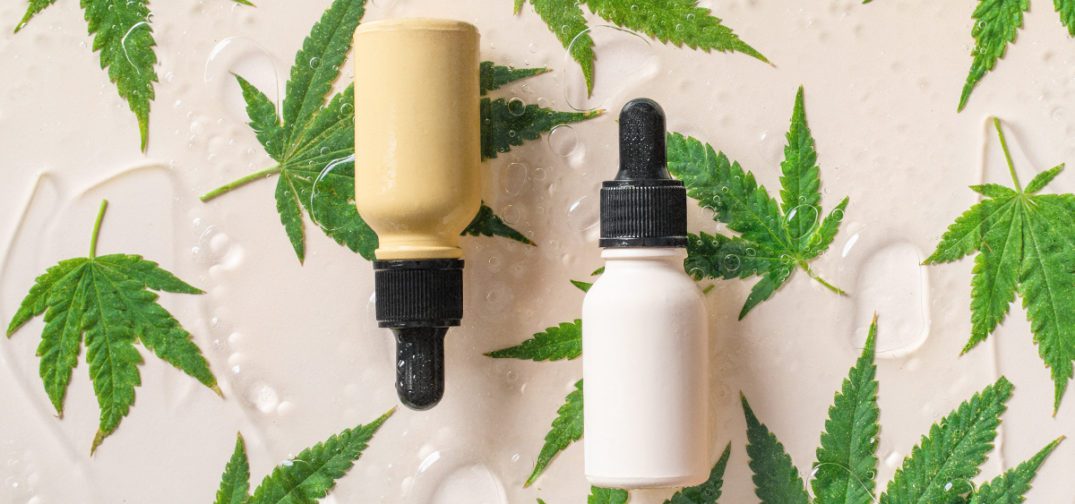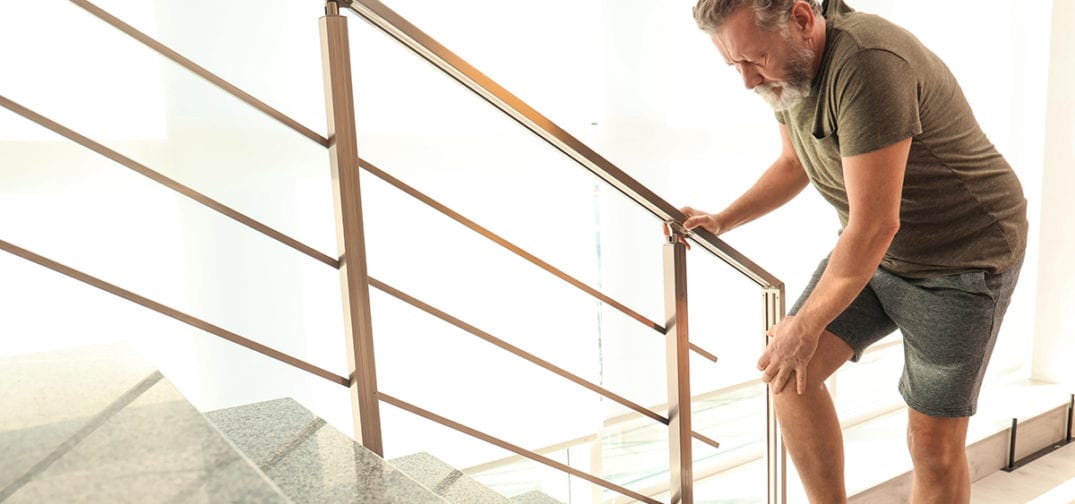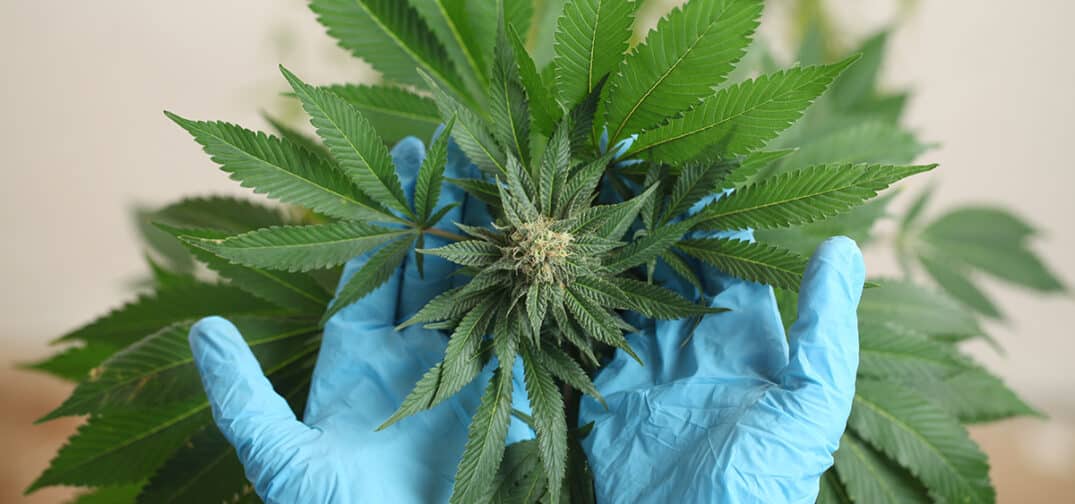Creating your ideal indoor grow space is the key to unlocking your plants’ full potential. Whether you’re working with a small closet or a dedicated grow tent, the right environment can make all the difference. Mastering lighting, temperature, humidity, and ventilation will set the foundation for lush growth and bountiful harvests.
At DNA Genetics, we’ve been shaping the future of cannabis cultivation since 2004, winning over 200 awards, including numerous High Times Cannabis Cups. Our focus on innovation and quality has led us to develop strains that thrive in indoor spaces.
Are you ready to take your indoor grow to the next level? With the right tools, techniques, and strains, you can cultivate lush, healthy plants. Let’s lay the groundwork for your indoor growing success!
Creating Your Ideal Indoor Grow Space
Creating the perfect indoor grow space is all about balancing control and creativity. Whether you’re converting a closet or investing in a grow tent, here’s what you’ll need to get started.
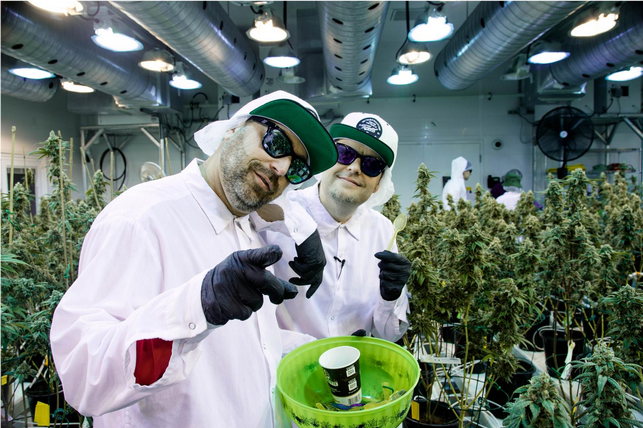
The basic requirements your grow space should include are:
- A grow tent to keep your plants protected and the environment stable.
- Sufficient lighting. Choose between energy-efficient LEDs for cooler operation or HPS lights for intent flowering power.
- Provide proper ventilation with fans and vents to maintain airflow and regulate heat and humidity.
- Control temperature and humidity. Aim for 70–80°F (21–27°C) and humidity levels adjusted by stage (65–80% for seedlings and 40–50% for flowering).
Choosing the right lighting can make or break your harvest outcomes. LEDs are perfect for growers who want energy efficiency and precise light spectrums, especially in tight spaces. HPS lights are hotter, but excel in producing heavy yields during flowering. The right light setup ensures your plants thrive at every stage.
Remember that cannabis is sensitive to its surroundings. Use oscillating fans to eliminate hot spots, and monitor humidity with sensors to keep mold at bay. Dehumidifiers and HVAC systems are your best friends in this case, especially during flowering.
Are you low on space? A small grow tent or modified closet can work wonders with good ventilation and reflective materials to amplify light. It’s essential to ensure proper plant spacing to maximize airflow and light exposure.
Prioritize safety with correct electrical setups, moisture management, and regular equipment checks. Real-time monitoring tools can help catch issues before they escalate.
With the right preparation, your indoor grow space can thrive, delivering top-tier results every time.
Choosing the Best Indoor Strains: Traits to Prioritize
When selecting cannabis strains for indoor cultivation, there are many aspects to consider. Here are the most vital traits to look at:
Compact Growth Structure
Indoor growers often need plants that can flourish in confined spaces. Compact, bushier strains are perfect for smaller grow tents or closets. They make efficient use of vertical and horizontal space while producing multiple dense colas.
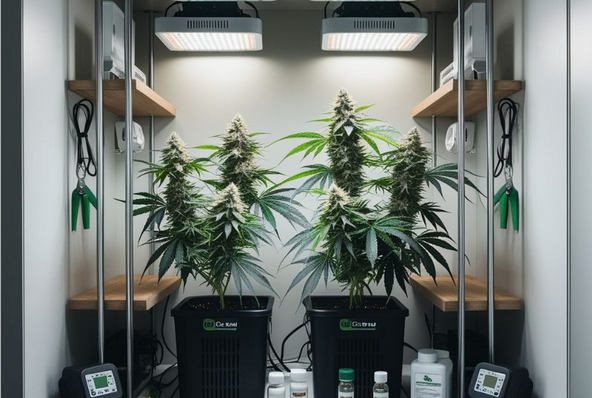
Flowering Time and Yield
Quick turnarounds are key for indoor operations. Strains with shorter flowering times don’t compromise yield, letting growers enjoy faster harvest cycles with abundant results. High-yielding genetics ensure every harvest is worth the effort, even in limited grow areas.
Mold and Mildew Resistance
Indoor spaces can be prone to humidity issues, but some strains are bred for resilience against mildew and mold. These genetics provide peace of mind, even in less-than-ideal conditions.
Goal-driven Selection
Every grower has unique goals. Do you want maximum yields? How about specific effects? Maybe you’re low on space and need a compact plant? Consider your needs to determine your best match.
By focusing on these traits, you’ll set yourself up for a productive and stress-free indoor growing experience.
Strains to Watch: Top Picks for Indoor Cultivation
Indoor cultivation provides a controlled environment for cannabis plants , enabling growers to achieve optimal conditions and consistent results. Certain strains perform exceptionally well indoors due to their growth habits, resilience, and adaptability to techniques like training and pruning.
Here are the top five picks for indoor cannabis strains and why we think they’re perfect for maximizing your grow room’s potential.
Kosher Kush
An indica-dominant strain with roots in the legendary OG lineage, Kosher Kush has become a favorite among indoor cultivators. Its robust genetics make it particularly suited for controlled environments, thriving in compact spaces while naturally resisting mold.
With earthy, pine-like aroma accented by a touch of lemon, this cultivar delivers a sensory experience as rich as its growth characteristics. This strain responds exceptionally well to topping, allowing growers to manage height while boosting yield.
For best results, maintain low humidity levels during the flowering phase and invest in strong lighting to maximize its dense, resinous buds. The flowering phase typically takes around 9–10 weeks, rewarding growers with yields of 15–19 oz./m2. Its ease of cultivation and potent effects make it a reliable choice for beginners and experts alike.
MacNana Auto
When it comes to a robust autoflowering strain, MacNana auto was bred for ease of cultivation and exceptional results. The strain boasts a lineage that marries Strawberry Banana with MAC auto, resulting in a genetic masterpiece. Its aroma blends sweet banana with citrus and earthy undertones, offering a flavorful experience that delights the senses.
The cultivar thrives in a variety of environments but truly excels indoors. Its compact structure and fast flowering time of just 9–10 weeks make it ideal for growers seeking efficiency without compromising quality. Using low-stress training (LST) can help optimize light exposure and boost yields to around 14–19 oz./m² under ideal conditions.
MacNana is celebrated for its balanced effects, offering a relaxing yet uplifting high, making it a versatile choice for day or night use. Whether you’re a novice or seasoned grower, this strain delivers reliability, potency, and exceptional flavor in every harvest.
Watermelon Man Auto
Watermelon Man auto is an indica-dominant hybrid resulting from Watermelon and OG Kush Auto. It boasts a sweet grape-candy smoke with herbal melon and citrus pine notes. The strain’s compact size and bushy structure make it ideal for indoor grows, especially with low-stress training to optimize light distribution.
After around 8–9 weeks of flowering, the cultivar is expected to yield up to 18 oz./m2 under in an ideal environment. For best results, consider using soil enriched with beneficial microbes, regular pruning, and feeding vital nutrients to enhance flavor and terpene production.
The strain’s resilience, stunning purple-hued buds, and uplifting yet soothing effects make it a favorite for growers and consumers alike.
Chocolope
Award-winning Chocolope is a sativa-dominant hybrid resulting from OG Chocolate Thai and Cannalope Haze. It offers a chocolate-coffee flavor profile that sets it apart from other strains.
The cultivar is ideal for indoor growing thanks to its relatively short flowering time of 8–9 weeks. It thrives in stable environments, producing high yields of 18–21 oz./m² when grown with care.
For optimal results, maintain a steady light cycle and ensure sufficient airflow to prevent mold and mildew. Balanced nutrients tailored for sativa strains will further support its vigorous growth and enhance its flavor.
With its uplifting effects and distinctive flavor, Chocolope is a must-try for those seeking a rewarding indoor cultivation experience.
HG23 AKA MICHAEL JORDAN AUTO
HG23 auto (AKA Michael Jordan) is an indica-dominant hybrid bred from Holy Grail Kush, Kosher Kush, and ruderalis for autoflowering convenience. This strain features a smooth, earthy flavor with hints of citrus, floral undertones, and a roasted coffee finish.
It’s known for its relaxing yet euphoric effects, helping to ease tension and inspire creativity. Many prefer HG23 when needing to unwind or for a spark of creativity.
This beginner-friendly strain thrives in various growing conditions, yielding up to 18 oz./m2 after just 8–9 weeks of flowering. Its robust genetics, compact size, and compatibility with LST techniques ensure an efficient and satisfying grow.
Indoor growers can unlock the full potential of these strains by tailoring their techniques to suit each plant’s characteristics. Whatever your preference, these strains offer versatility, robust growth, and rewarding yields in controlled environments.
Tips for Getting the Best Indoor Results
Indoor cannabis cultivation requires precision and care to maximize yield and quality. From choosing the right lighting to mastering plant training, here’s how to get the best results.
Tailor the lighting spectrum to each growth phase.
- Seedling: Use soft white light with a blue spectrum to promote healthy leaves.
- Vegetative: Bright white or blue light encourages robust, leafy growth. LEDs are a great choice for energy efficiency and minimal heat.
- Flowering: Switch to red-spectrum light for better bud development. HPS (High-pressure sodium) lights excel here due to their intensity, but they may require cooling systems.
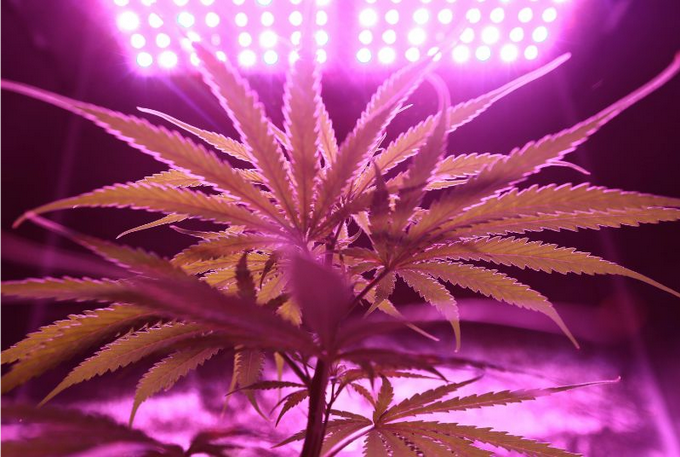
Temperature and humidity precision is key.
- Seedling: Keep temperatures between 68–77°F (20–25°C) and 65–80% humidity to support delicate roots.
- Vegetative: Aim for 68–78°F (20–26°C) and 40–70% humidity. Gradually reduce humidity as plants grow.
- Flowering: Maintain 68–77°F (20–25°C) and humidity levels at 40–50%. This prevents mold and improves trichome production for high-resin strains.
Boost yields in limited space with training methods.
- Low-stress training (LST): Gently bend the tie branches to maximize light exposure without stressing plants. Perfect for bushy strains like Kosher Kush.
- Topping: Removing the main stem tip to promote bushier growth. It’s ideal for managing height in compact spaces.
- Screen of Green (SCROG): Use a mesh screen to evenly distribute the canopy. This method is excellent for strains that benefit from even light exposure.
Wrapping It Up: DNA Genetics and Indoor Growing Success
Indoor cannabis cultivation presents unique challenges, but with the right environment, techniques, and genetics, it can be an incredibly rewarding experience. By focusing on creating an optimized grow space, you can achieve impressive results.
At DNA Genetics, we’ve crafted a diverse range of cannabis strains tailored for indoor growing. From compact and mold-resistant varieties to those yielding potent, flavorful buds in limited spaces, we have you covered every step of the way. Browse our store for the highest quality seeds to start your indoor grow today!


